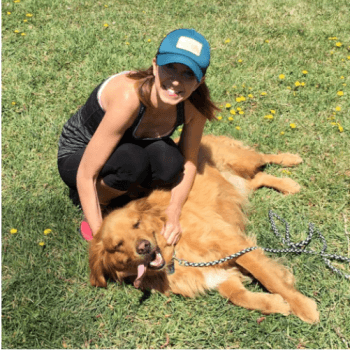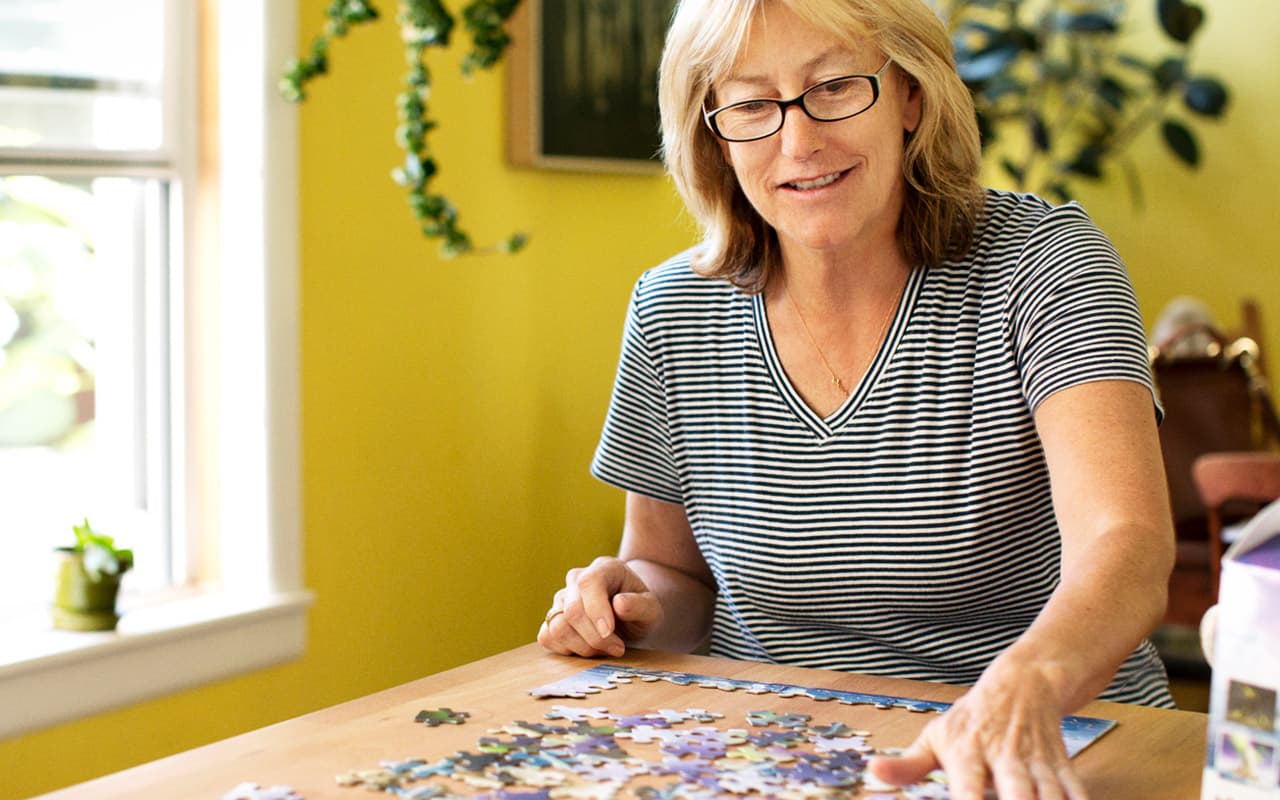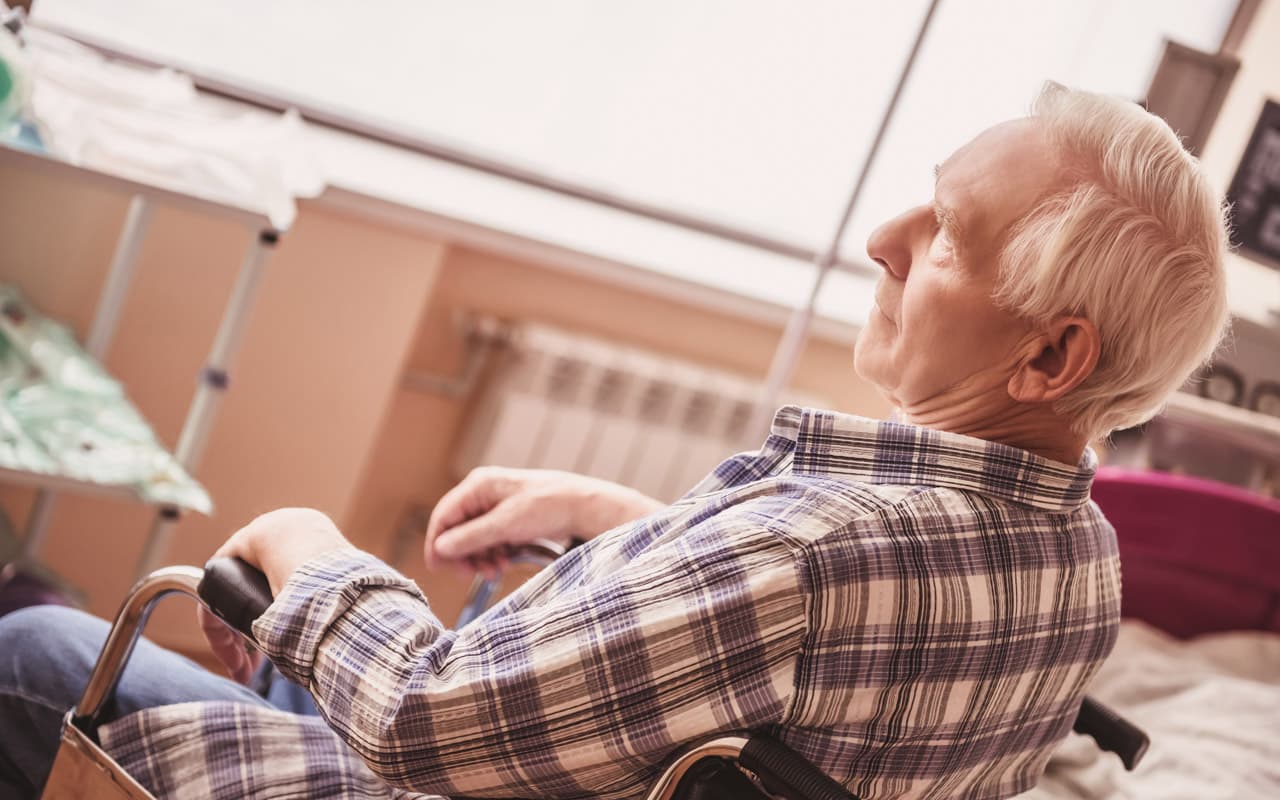From Senior Citizen to Senior Fit-izen: Aerobic Exercise for the Over-60 Set

Written by Valerie Henderson on Wed Dec 02 2020.

Just like virtue, exercise is its very own reward, and adhering to a regular fitness routine can help you feel as strong as you did back when JFK was president. The cornerstone of any senior fitness program should be aerobic exercise. As we age, we need to seek out activities like running, dancing, or playing tennis. Anything that pumps oxygen into our systems and works our heart and lungs can help turn age into just another number.
Improved health is literally at the heart of the benefits of aerobic exercise. Daily, or even bi-weekly, workouts strengthen the heart muscle, lower cholesterol, and reduce hypertension.
The great news? You don't have to run a marathon, or even a 5k, to see results. A Harvard University study of 72,000 women found that only three hours of brisk walking a week trimmed heart disease risk by 40%, and another study of 2,700 men in Hawaii found that walking just 1.5 miles per day made them half as likely to develop heart trouble as men who rarely walked.
Stretch your mental muscles
Exercise not only keeps your muscles toned—it helps keep your brain fit. A six-year study of adults over 55 in the Journal of the American Geriatric Society reported that people who were physically fit at the beginning of the study scored better on mental function tests six years later than people who didn't exercise regularly.
Another study found that walking six or more miles a week (that’s fewer than one per day!) helped prevent the onset of Alzheimer's. In the first ten years of a 20-year study of older adults, researchers also found that participants who already had Alzheimer's were able to preserve the brain's key memory and learning centers for at least a decade by walking just five miles a week.
In addition to memory benefits, a daily walk around the block or a jog through the park can raise self-esteem, ease anxiety, and reduce stress and mild symptoms of depression. And a study of 156 severely depressed men and women over 50 by Duke University found that four months of aerobic exercise were as effective in alleviating some symptoms of depression as a four-month regimen of antidepressants.
Where to start?
The first rule of exercise is to make sure you love whatever you choose to do. Competitive? Try taking on a friend in tennis. More contemplative? Opt for a quiet walk or hike.
Your body will also help you choose. For example, if you suffer from arthritis, swimming may be the best option for a pain-free workout. Whatever activity you choose, try to maintain your target heart rate for at half an hour at least three times each week.
It’s always smart to get the all-clear from your physician before starting any vigorous exercise program, but even if you only plan to do a few laps around the block, you should check with your doctor if you have high blood pressure, diabetes, a history of heart attacks, irregular heartbeat, heart disease, chest pains, shortness of breath, or recent unexplained weight loss.
Take precautions
As always, common sense is king. Stay hydrated by drink lots of water before and after exercising. Avoid vigorous workouts in high heat or poor air quality. See a doctor right away if you feel dizzy, nauseated, disoriented, or unable to speak.
Watch for other serious signs of overexertion, including chest pains or pain in your upper back, left shoulder, or arm. Start and end each workout by stretching. And don't forget the most important step: Pat yourself on the back for dipping a toe into the fountain of youth.
Other Articles You May Like

Mental Exercises Seniors Can Use to Stay Sharp
Approximately 11% of Americans aged 65 and older experience subjective cognitive decline (SCD) –– a condition characterized by worsening or more frequent confusion and/or memory loss.
Read More >
A Beginner’s Guide to Exercising with Limited Mobility
Beyond the health benefits, exercise can enhance your quality of life and help you gain more independence. When you regularly work out, your muscles are stronger, your flexibility is enhanced, and you’re less likely to trip and fall.
Read More >
Having written for companies ranging from MTV to the Olympics, Valerie Henderson spearheads Carewell's communications and PR efforts. A resident of Park City, Utah, Valerie enjoys four of the things her region is famous for: hiking, independent film, a house full of kids, and weak beer.